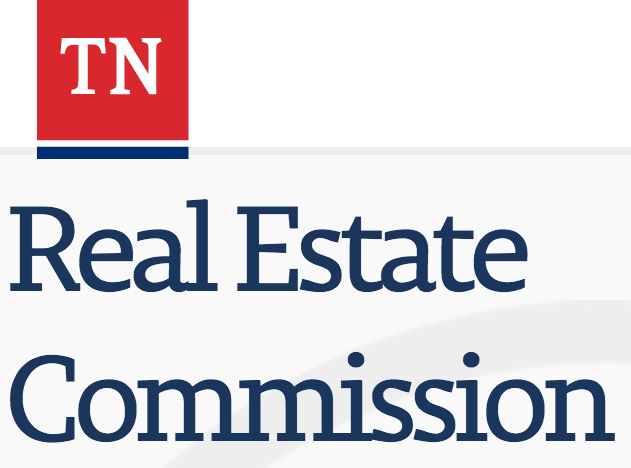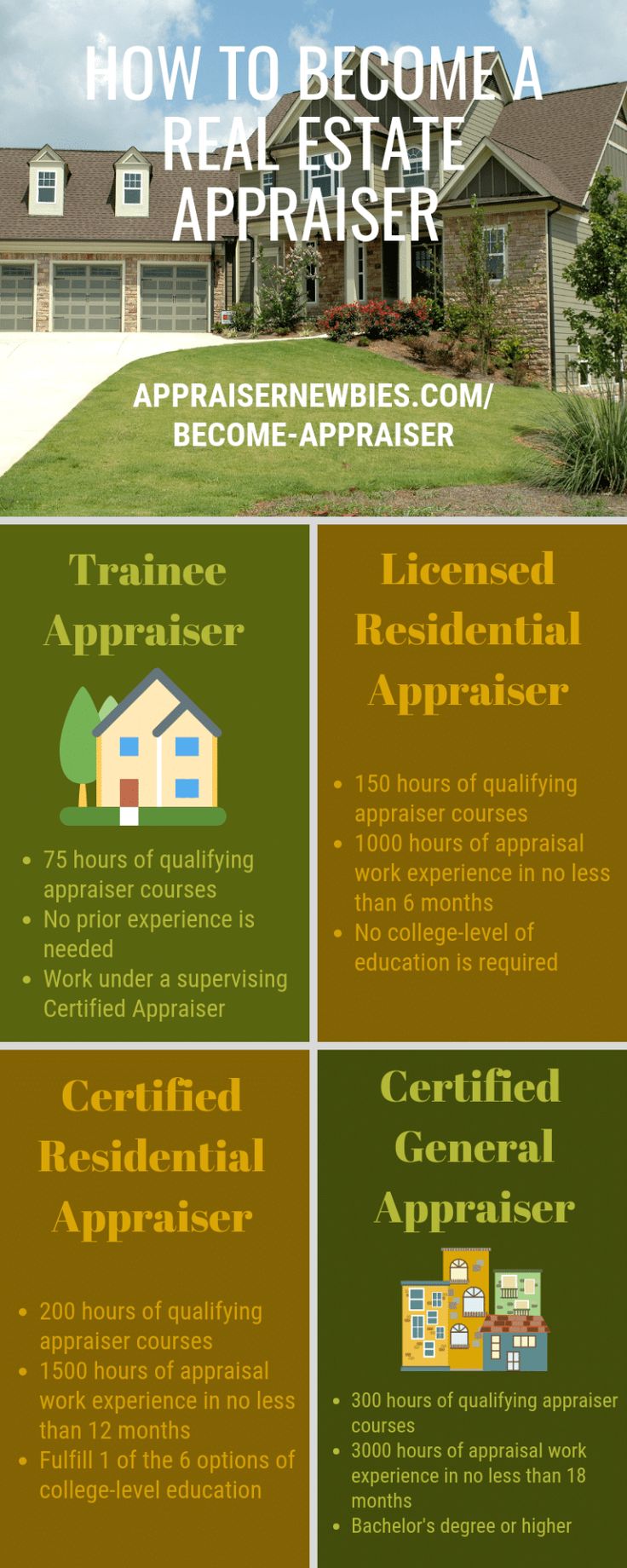
Do you have to go to college to be a real estate agent?
If you're looking for a career where there is great potential for growth, then a real estate career may be right for you. You can help people sell and buy homes in all parts of the country.
A question that has been debated for years is whether you require a degree to work as a real-estate agent. However, the answer can differ depending on where you reside. While most states don't require a college degree in order to practice real estate, there are many schools that offer education courses that will prepare you for the licensing exam.
What Education Does a Real Estate Agent Need?
You do not need a diploma from high school or GED to be licensed as a real-estate agent in every state. There are many educational options that can prepare you for this new career. Prelicensing courses are offered by some universities and colleges that prepare you for the licensing exam. Others can offer an online curriculum that you can take anywhere, at your pace.

What is the earning potential as a Real Estate Agent
An average real estate agent earns $55,000 per year. This is a great career for someone who loves to help people. Agents can work in many different settings and have the opportunity to see the greatest moments in their clients' lives.
What does it take to become a licensed real estate agent?
It depends on where you live and what state you're in, but most states have a licensing process that can be completed in a few weeks or months. If you're ready to get started, check out our industry-leading Pre-Licensing courses.
What are the advantages of a Real Estate Agent College degree?
Real estate degrees can give you valuable financial and business skills. You will also be more competitive in the job marketplace. Additionally, a degree can help you develop valuable skills in sales and marketing, which can be very helpful when selling homes to clients.
How much does a real estate agent education cost?
The cost of real estate agent education varies depending on which course you choose and what state you are in. This will typically include the course fees, your exam costs and study materials.

Which are the best real estate courses?
While there are many colleges and real estate schools that offer education programs, not all can provide the necessary resources for each student. Do your research to ensure you choose the right school for you.
What is the Most Common Major for a Future Real Estate Agent?
FAQ
How do I get rid termites & other pests from my home?
Your home will be destroyed by termites and other pests over time. They can cause serious damage and destruction to wood structures, like furniture or decks. To prevent this from happening, make sure to hire a professional pest control company to inspect your home regularly.
What are the cons of a fixed-rate mortgage
Fixed-rate loans tend to carry higher initial costs than adjustable-rate mortgages. If you decide to sell your house before the term ends, the difference between the sale price of your home and the outstanding balance could result in a significant loss.
How do I repair my roof
Roofs can burst due to weather, age, wear and neglect. Repairs and replacements of minor nature can be made by roofing contractors. Contact us to find out more.
How much money will I get for my home?
This can vary greatly depending on many factors like the condition of your house and how long it's been on the market. The average selling price for a home in the US is $203,000, according to Zillow.com. This
Can I get a second loan?
Yes. But it's wise to talk to a professional before making a decision about whether or not you want one. A second mortgage is typically used to consolidate existing debts or to fund home improvements.
Statistics
- Private mortgage insurance may be required for conventional loans when the borrower puts less than 20% down.4 FHA loans are mortgage loans issued by private lenders and backed by the federal government. (investopedia.com)
- 10 years ago, homeownership was nearly 70%. (fortunebuilders.com)
- The FHA sets its desirable debt-to-income ratio at 43%. (fortunebuilders.com)
- This means that all of your housing-related expenses each month do not exceed 43% of your monthly income. (fortunebuilders.com)
- Over the past year, mortgage rates have hovered between 3.9 and 4.5 percent—a less significant increase. (fortunebuilders.com)
External Links
How To
How to Manage a Rent Property
It can be a great way for you to make extra income, but there are many things to consider before you rent your house. We'll show you what to consider when deciding whether to rent your home and give you tips on managing a rental property.
This is the place to start if you are thinking about renting out your home.
-
What factors should I first consider? Before you decide if you want to rent out your house, take a look at your finances. If you have any debts such as credit card or mortgage bills, you might not be able pay for someone to live in the home while you are away. Also, you should review your budget to see if there is enough money to pay your monthly expenses (rent and utilities, insurance, etc. ), it might not be worth it.
-
How much does it cost to rent my home? There are many factors that go into the calculation of how much you can charge to let your home. These include factors such as location, size, condition, and season. You should remember that prices are subject to change depending on where they live. Therefore, you won't get the same rate for every place. Rightmove shows that the median market price for renting one-bedroom flats in London is approximately PS1,400 per months. If you were to rent your entire house, this would mean that you would earn approximately PS2,800 per year. While this isn't bad, if only you wanted to rent out a small portion of your house, you could make much more.
-
Is it worth it. It's always risky to try something new. But if it gives you extra income, why not? It is important to understand your rights and responsibilities before signing anything. You will need to pay maintenance costs, make repairs, and maintain the home. Renting your house is not just about spending more time with your family. Make sure you've thought through these issues carefully before signing up!
-
Are there any advantages? It's clear that renting out your home is expensive. But, you want to look at the potential benefits. Renting your home is a great way to get out of the grind and enjoy some peace from your day. It's more fun than working every day, regardless of what you choose. If you plan well, renting could become a full-time occupation.
-
How do you find tenants? After you have decided to rent your property, you will need to properly advertise it. You can start by listing your property online on websites such as Rightmove and Zoopla. After potential tenants have contacted you, arrange an interview. This will help you assess their suitability and ensure they're financially stable enough to move into your home.
-
How can I make sure that I'm protected? If you don't want to leave your home empty, make sure that you have insurance against fire, theft and damage. Your landlord will require you to insure your house. You can also do this directly with an insurance company. Your landlord will typically require you to add them in as additional insured. This covers damages to your property that occur while you aren't there. This doesn't apply to if you live abroad or if the landlord isn’t registered with UK insurances. In such cases you will need a registration with an international insurance.
-
You might feel like you can't afford to spend all day looking for tenants, especially if you work outside the home. But it's crucial that you put your best foot forward when advertising your property. It is important to create a professional website and place ads online. You'll also need to prepare a thorough application form and provide references. Some prefer to do it all themselves. Others hire agents to help with the paperwork. Either way, you'll need to be prepared to answer questions during interviews.
-
What happens once I find my tenant If you have a current lease in place you'll need inform your tenant about changes, such moving dates. If you don't have a lease, you can negotiate length of stay, deposit, or other details. You should remember that although you may be paid after the tenancy ends, you still need money for utilities.
-
How do you collect the rent? When it comes time for you to collect your rent, check to see if the tenant has paid. If they haven't, remind them. Any outstanding rents can be deducted from future rents, before you send them a final bill. If you're struggling to get hold of your tenant, you can always call the police. The police won't ordinarily evict unless there's been breach of contract. If necessary, they may issue a warrant.
-
What can I do to avoid problems? While renting out your home can be lucrative, it's important to keep yourself safe. Make sure you have carbon monoxide detectors installed and security cameras installed. It is important to check that your neighbors allow you leave your property unlocked at nights and that you have sufficient insurance. You should not allow strangers to enter your home, even if they claim they are moving in next door.